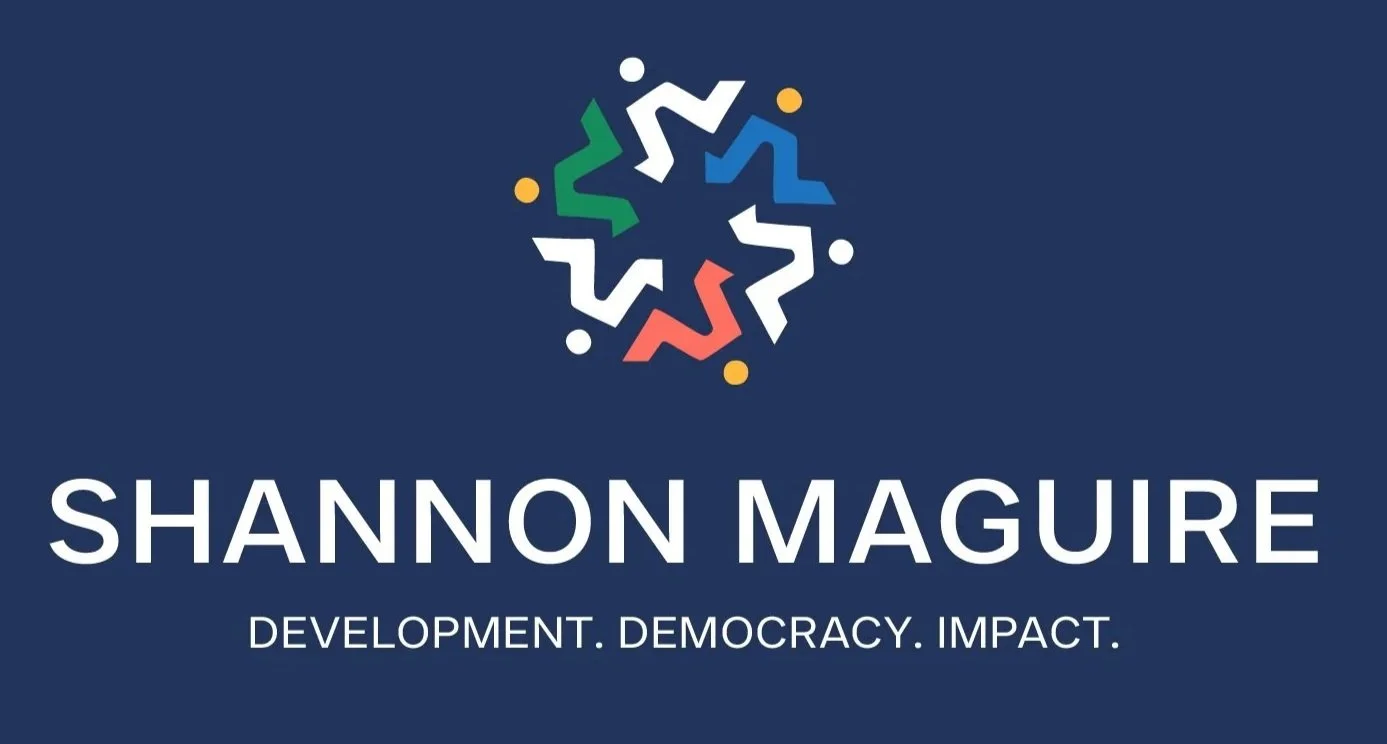USAID Is Gone. Its Democratic Legacy Shouldn’t Be. (part 3)
This is the third and final post on lessons learned at USAID while managing the Europe & Eurasia Bureau’s media development funding portfolio. While most of the attention on the closing of USAID on July 1 has rightly focused on the humanitarian cost--14 million projected deaths by 2030--a quieter casualty was USAID’s mission to promote “resilient, democratic societies.” This goal is harder to measure than vaccine doses or trade growth, but just as vital. Here’s a final lesson learned.
Lesson 3: Press freedom alone doesn’t guarantee democracy, but without it, democracy will fail.
Today, democracy is in free-fall. Three quarters of the world’s population live in countries that are not democracies, the highest level in half a century. Scholars agree: as authoritarians come into power, they attack media systems first.
But in Armenia, Moldova, and Ukraine—where USAID has supported independent media since the 1990s—there has been progress, even if uneven. Armenia and Moldova have moved from semi-authoritarian regimes to transitional democracies. Ukraine, despite Russia’s ongoing invasion, was the only country in Eurasia to improve its democracy score in the Freedom House 2024 Nations in Transit report. USAID support was key—not only during earlier waves of reforms but in wartime, when we helped deliver nearly 1,000 flak jackets and helmets for journalists, as well as first aid kits and safety training.
USAID wasn’t perfect—but it learned, adapted, and built trust with local partners. We moved away from media missionaries to media empowerment. In a tribute to USAID, singer and activist Bono wrote that USAID showed “the world what freedom looked like, what freedom talked like, walked like…Freedom looked like America.” That legacy wasn’t just about giving people fish—it was about teaching them to fish. And making sure they had the right tools to fish.
USAID’s media strengthening programs helped citizens make informed health care and education decisions, allowed the private sector to make data-driven investments; communities to hold their leaders to account; and countries to be more stable and better governed. This, in turn, helped make America safer, stronger, and more prosperous. America’s safety comes not from bombs, but from building. Its strength, not from isolation, but from engagement. And its prosperity, not from performance—but from principle.

